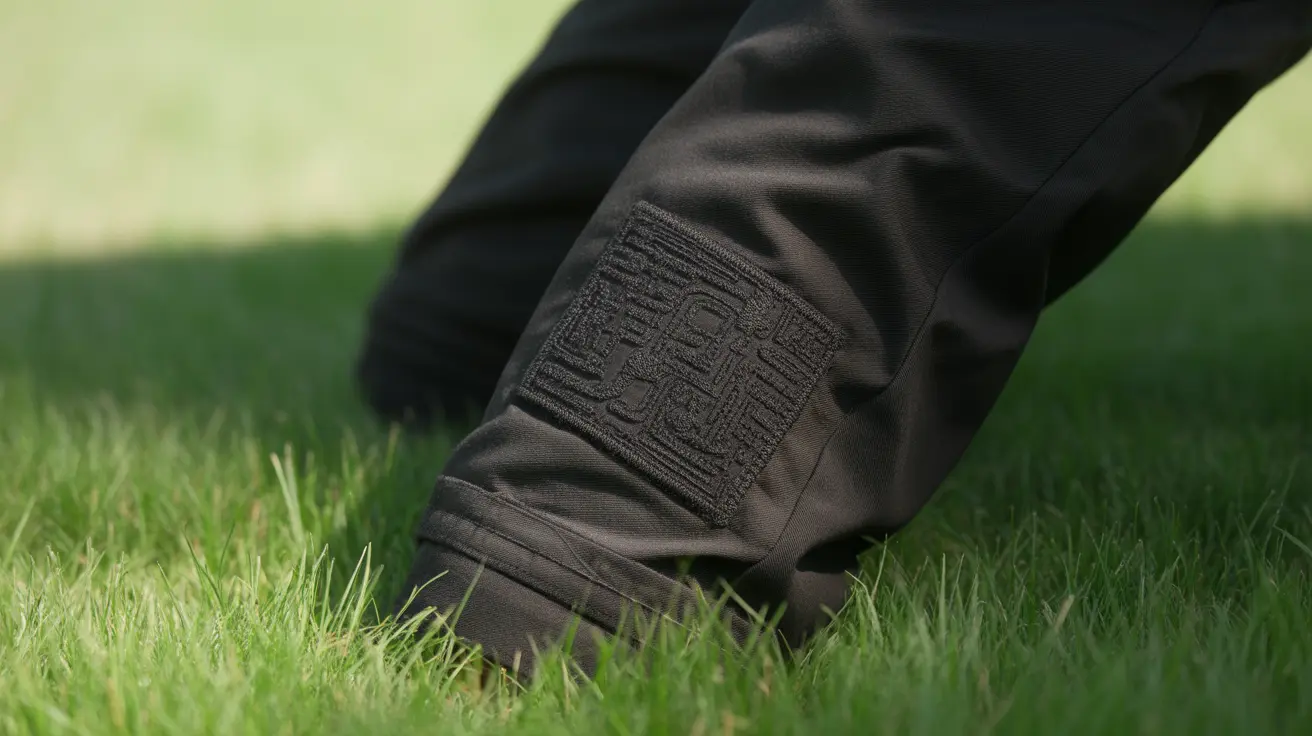Is Peanut Butter a Healthy Treat for Your Dog?
Peanut butter is a popular snack enjoyed by humans and, increasingly, by their canine companions. If you're wondering whether it’s safe and beneficial to share your peanut butter with your dog, the answer is yes—with a few important caveats. In this article, we'll explore
why dogs love peanut butter, what
nutritional benefits it offers, potential risks, and how to safely incorporate it into your pet’s diet.
Why Do Dogs Love Peanut Butter?
Dogs are often drawn to peanut butter due to its unique combination of taste, texture, and smell. Several factors contribute to this attraction:
- Fat and Protein Content: Peanut butter is rich in fat and protein—two nutrients that dogs find particularly appealing as part of their omnivorous diet.
- Roasted Aroma: The roasting process used in preparing peanuts gives off scents similar to caramelized meat, making peanut butter irresistible to a dog’s sensitive nose.
- Sugar and Salt: While dogs don't crave salt like humans do, a moderate amount of sugar can be appealing. Dogs, as omnivores, can sense and enjoy sweetness.
Additionally, the creamy or crunchy texture of peanut butter provides a novel eating experience, making it a great tool for positive reinforcement and entertainment.
Nutritional Benefits of Peanut Butter for Dogs
When fed appropriately, peanut butter can serve as a
nutritious treat that supports several aspects of your dog's health.
Key Nutrients in Peanut Butter:
- Protein: Supports muscle development and immune health.
- Healthy Fats: Polyunsaturated fats like omega-6 aid in skin conditioning and immune function.
- Vitamins: Vitamin E promotes muscle, skin, and coat health. B-complex vitamins such as niacin, biotin, and folic acid contribute to metabolism and energy production.
- Minerals: Magnesium, manganese, and phosphorus support stress management, bone health, and enzyme function.
- Fiber: Aids digestion and promotes a healthy intestine.
The Role of Peanut Butter in Training and Enrichment
Peanut butter is a favorite among pet owners for its versatility:
- Treat Delivery: Perfect for disguising pills or used inside rubber toys for mental stimulation.
- Bonding Food: Since dogs often want what their owners eat, sharing peanut butter can create bonding moments.
- Routine Training Tool: Acts as a high-reward incentive in behavior training and obedience routines.
Important Safety Considerations
Before offering peanut butter to your dog, it’s crucial to understand the safety guidelines:
- Check the Ingredients: Always examine the label. Avoid any peanut butter that contains xylitol, a common sweetener that is toxic to dogs and can cause low blood sugar or liver failure.
- Choose Natural Options: Select organic or unsweetened peanut butters with minimal ingredients—ideally just peanuts and a bit of salt.
- Mind the Calories: Because peanut butter is calorie-dense, it should constitute less than 10% of your dog’s daily caloric intake. A guideline is less than one teaspoon per day for large dogs and a much smaller amount for small breeds.
Signs of Allergic Reactions or Overconsumption
While rare, some dogs may have peanut allergies. Watch for the following symptoms:
- Vomiting or diarrhea
- Itching or redness
- Swelling around the face or paws
- Lethargy or behavioral changes
If you suspect an allergic reaction, consult your veterinarian immediately.
Conclusion
Peanut butter can be a
beneficial and enjoyable treat for dogs when fed responsibly. Rich in protein, fats, and essential nutrients, it serves as an excellent reward or training aid. However, pet owners need to scrutinize labels, monitor portion sizes, and avoid potentially harmful additives like xylitol. When these safety measures are taken, peanut butter can be a fun and nutritious addition to your dog’s treat rotation.





